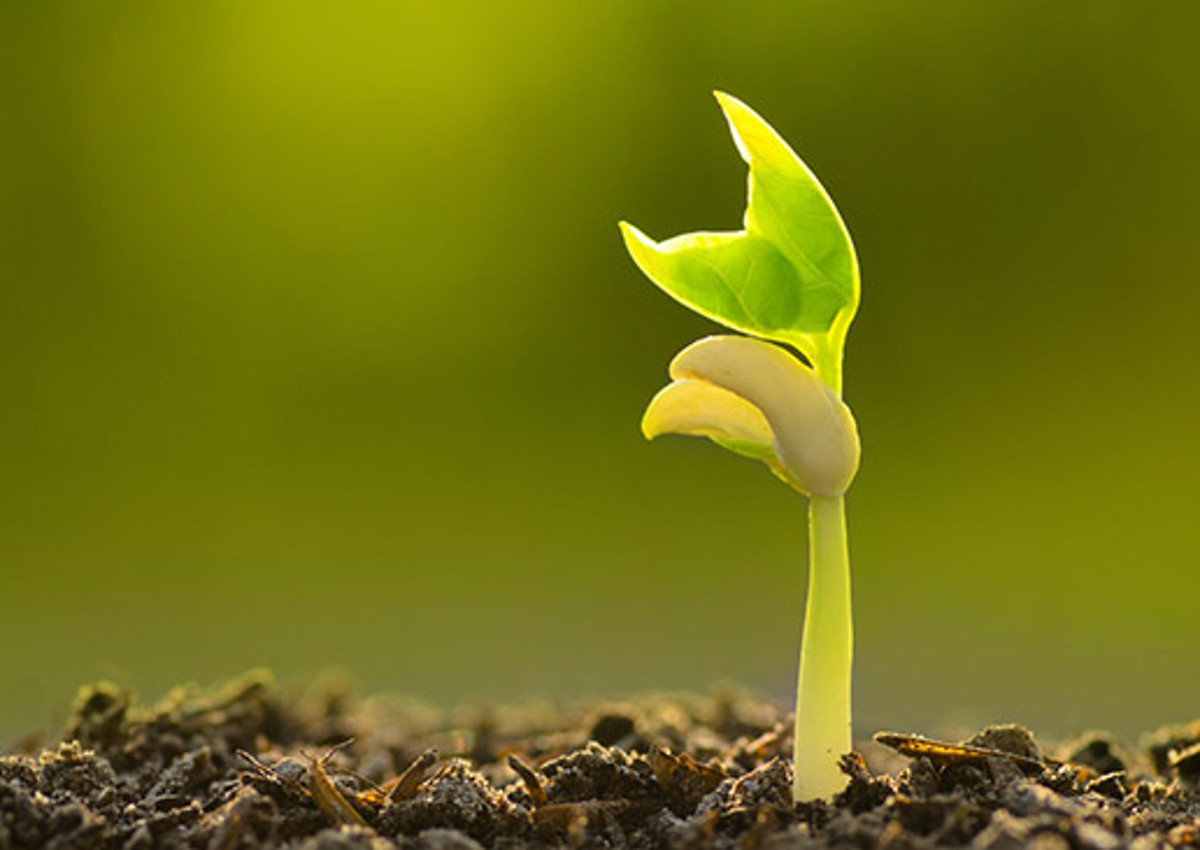
A few days ago the European Parliament approved in plenary session the new European regulation on organic farming. From 2021 on, it will replace the current legal framework dating back to 2007 which updated the first regulation on the subject (approved in 1991). The latest text is the result of almost four years of negotiations between the EU Parliament, the European Commission and the EU Council, which have been on the verge of failing several times. The Parliament ratified the text on which an agreement had been reached between the three institutions last November – says FederBio’s President Paolo Carnemolla. Despite a negative opinion on the whole, at that time we already recognised the efforts made by all the various parties involved to improve the Commission’s initial text. Some of the requests of organic producers have been taken into consideration. Among these: the possibility of group certification for small farms united in local cooperatives and organizations; tools to guarantee a control framework; guarantees also on products imported from non-European countries. The development of the organic sector must now become a priority from European and national policies, starting from a regional programming of the rural development plans.
About the new organic regulation
The hard core of the regulation does not change: fertilizers, herbicides, pesticides and other synthetic substances will continue not to be used on organic farming. Moreover, the strict exclusion of GMOs and cloning from the production process will continue, strict breeding rules will remain to ensure maximum animal welfare, and products will not be processed using dyes, preservatives, flavour enhancers and other additives that have been discussed or are useless. The new text also confirms the consideration on organic production, as well as the recognition that organic production has a social function providing, on the one hand, a specific market responding to consumer demand for organic products and, on the other hand, an essential contribution to the protection of the environment, animal welfare, and rural development.
The growth of organic production
From now until 2021, the year of full application, the European institutions and the entire organic movement are committed to implementing acts so that the regulation can be applied to the daily work of all the organic production chain: from seed producers to farmers, from processing companies to distributors, from certification bodies to supervisory bodies that oversee the control system, concludes Carnemolla. The growth of organic production in Europe is a case of success. In 2016 there were already 13,5 million hectares of organic cultivation (more than the entire Italian agricultural area), for a weight of 6.7% of the total, which becomes 21.9% in Austria, 18% in Sweden and 14.5% in Italy; in other 4 countries the area exceeds 10% of the national total. There are already 370,000 farmers who have decided to produce in a sustainable way, and they are increasing: in 2016 in Italy their number grew by 20.3%. The potential for growth is still enormous and can trigger a deep transformation of agriculture, food, and the economy as a whole.
